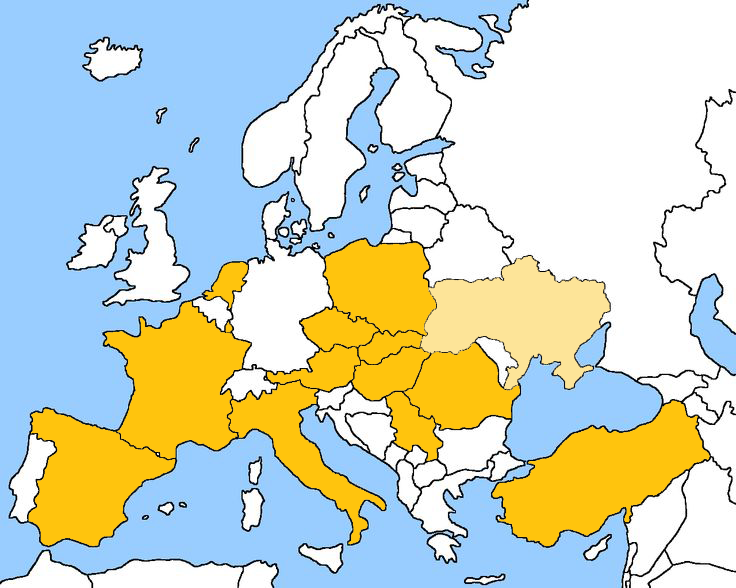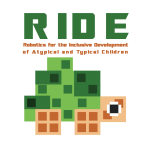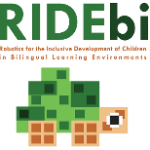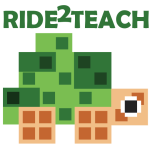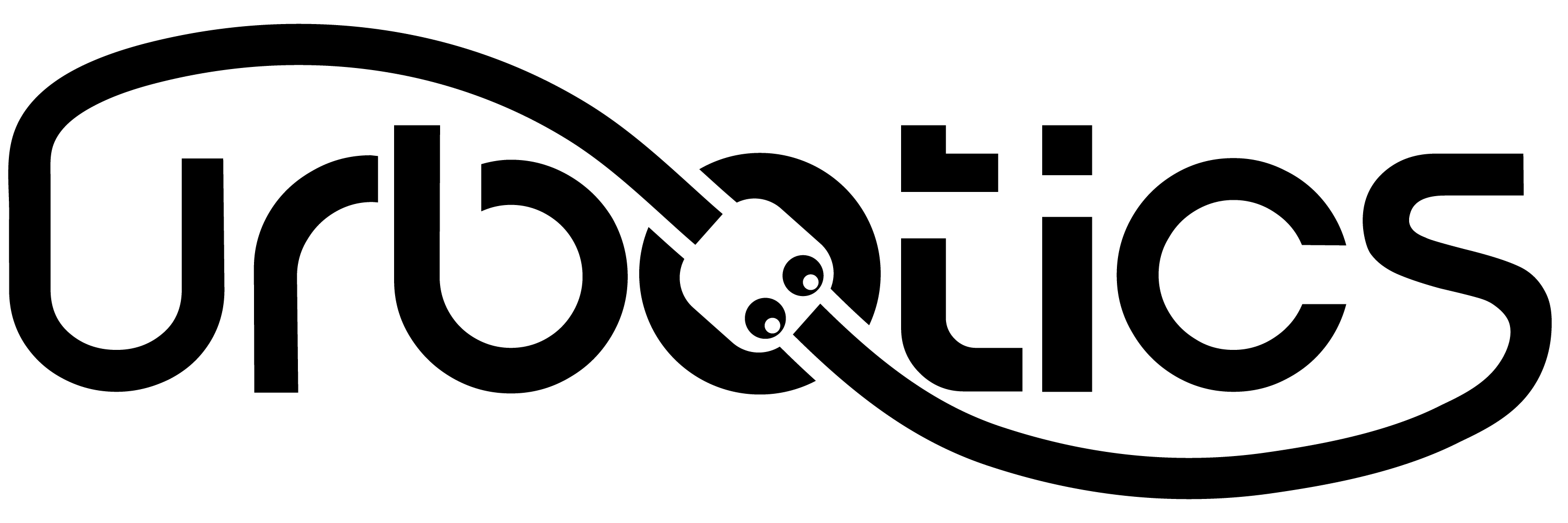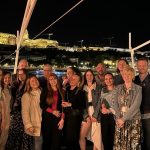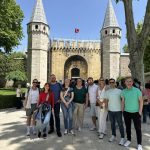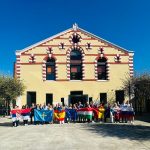
Robotics for the Inclusive Developement of Atypical and Typical children

Educational robotics for development of text comprehension and key competences, inclusive development of atypical and typical children, digital story telling and experience-based learning


RIDE
Robotics for the Inclusive Developement of Atypical and Typical Children
(2019-1-HU01-KA201-061275 )
In 2019, with the support of the Erasmus+ programme (2019-1-HU01-KA201-061275), we started the RIDE – Robotics for the Inclusive Development of Atypical and Typical Children curriculum development project, involving 7 organisations from 4 countries (Hungary, Spain, Italy, Romania), using ArTeC robots.
The aim of this project was to develop and test a matrix of modules to support the development of 8-14 year olds in inclusive groups using robotics.
The module matrix will support children in need of talent management or development in inclusive groups through a process consisting of 10 texts and 9 development areas, worksheets, ideas and inspirations, teacher guides, methodological aids and teacher training programmes in different areas.
The teaching materials to be developed are based on the professional experience and good practice of Abacusan Studio, its own “Bring to Life!” toolkit.

URBOTICS
The aim of the project is to develop a pedagogical toolkit to promote digital literacy and environmental awareness among pupils aged 5-18. The partnership of Hungarian, Spanish, Slovak, Serbian and Romanian organisations aims to develop an approach to educating people to live consciously with the challenges of 21st century digitalisation, environmental challenges and urbanisation.
The project will provide a collection of educational robotics-based methodological tools for teachers In addition to sustainability issues and the development of digital resilience, we place a strong emphasis on equal access of SEN and migrant children to these activities.
We work together to develop and test curricula and digital teaching tools that develop children’s STEM knowledge and proactive attitudes through solving environmental problems, building on the application of educational robotics.
We will create a collection of several hundred sustainability-themed activities adapted to the age of children and the ever-changing range of educational robotics. We will create a collection of Science experiments that can be implemented using ER.
A version of the task collection adapted to the needs of SEN (autistic, ADHD) and migrant children will be developed.
We will develop a route-mat planning application for different types of ER and a portal for sharing curricula and best practices.

RIDEX
In 2021, we have been given the opportunity to continue the programme (2021-1-HU01-KA220-SCH-000029582) under the name RIDEX: Extended Robotics Solutions for the Inclusive Development of Atypical and Typical Children.
The programme has involved organisations from two more countries (Austria and Turkey) and added three new languages (German, Slovak and Turkish), bringing the total number of development areas to 12. In addition, 10 more stories were developed and the 10 previous stories were translated into the new languages by the partners.
Thus, at the end of the RIDEX programme, all 20 stories were available in 8 languages, with 12 development areas per story.
As the project has become very important for the coordinator, Abacusan Studio, personally, and because of the positive feedback from schools, libraries and other institutions across Europe, we are considering a continuation.

ROBOCOMP
The specific aim of our project is to develop a collection of good practices and methodological guidelines to support the use of educational robotics in compensatory education. We want to support the development and school integration of children with social or learning disadvantages or refugee children.
We aim to enrich teachers’ methodological toolset by developing and making available micro-projects that are easy to use and can be easily integrated into lessons in different curricula.
We develop a collection of 40 mini-projects and 40 teacher guides to support their use in the classroom.
We make the curricula freely available on a dedicated website in English, Hungarian, and Spanish.

RIDEbi
We have therefore applied again in 2023 for an even more specific continuation. As well as adding our partner in France and publishing 3 new stories, we have included Ukrainian alongside French to help facilitate integration where it is needed.
This project is called RIDEBI – Robotics for the Inclusive Development of Children in Bilingual Learning Environments (2023-1-HU01-KA210-SCH-000165365)

EU4ALL
The project, led by our Spanish partner Obo We Tach Robotics, aims to promote European built heritage to children aged 10-18 through 3D design and printing projects. Based on the guides and tutorial videos developed in the project, children can create 3D models of emblematic buildings from Central and Eastern Europe, and learn about 3D printing techniques and the possibilities of recycling plastic.

RIDE2TEACH
The project will further develop the RIDE methodology, thereby expanding the range of children reached by the method.
The project involves Hungarian, French, Czech and Polish organisations.
Within the project
– 2 new languages will be added to the RIDE teaching materials – they will be available in Czech and Polish
– A shorter, more concise module structure will be developed to make it easier to integrate the RIDE method into school settings
– The new modules will develop readings that reflect a European value.
GrannyRobot
The aim of our project is to develop and test a new type of complex course for the elderly. The aim of the course is to keep the target group mentally fresh, flexible in their thinking, develop their digital competences and flexibility, and reduce the generation gap by using educational robots and games that develop algorithmic thinking in school teaching practice.
Members of the pilot groups will be recruited in cooperation with the local municipality and other organisations supporting elderly people. During the pilot course, we will evaluate the impact of the method on the participants’ digital skills and flexible thinking through input and output measurements.
DIGIMARKET

Marketplace of knowledge for Digital Education Methodology
(2020-1-HU01-KA226-SCH-094158)
In our international cooperation in the frame of Erasmus+ KA-226-SCH, launched in May 2021, we aim to develop a knowledge base of methodological and teaching materials and an interactive, freely usable and developable online framework, which will equip teachers with knowledge, ideas, adeptness with different methodologies and easy-to-use teaching materials in the difficult situation of COVID-19, while at the same time helping to forge a positive future out of what we can learn from COVID-19. The knowledge base puts a special emphasis on teaching children with learning difficulties and gifted children – while also leading toward new ways of pedagogy for the future, facilitated by digital solutions.
The methodological materials developed within the framework of the project will help teachers in four areas:
- The online framework facilitates online education by freely enrichable collection of learning materials.
- A collection of methodological training materials to support teachers’ self-training
- Developed lesson plans to help your students to manage their time effectively, learn, use digital tools safely, or even to apply creative digital tools
- A collection of exercises, discussion topics and solution suggestions on internet safety, digital device use, and digital stress management at home, to help your students’ parents.

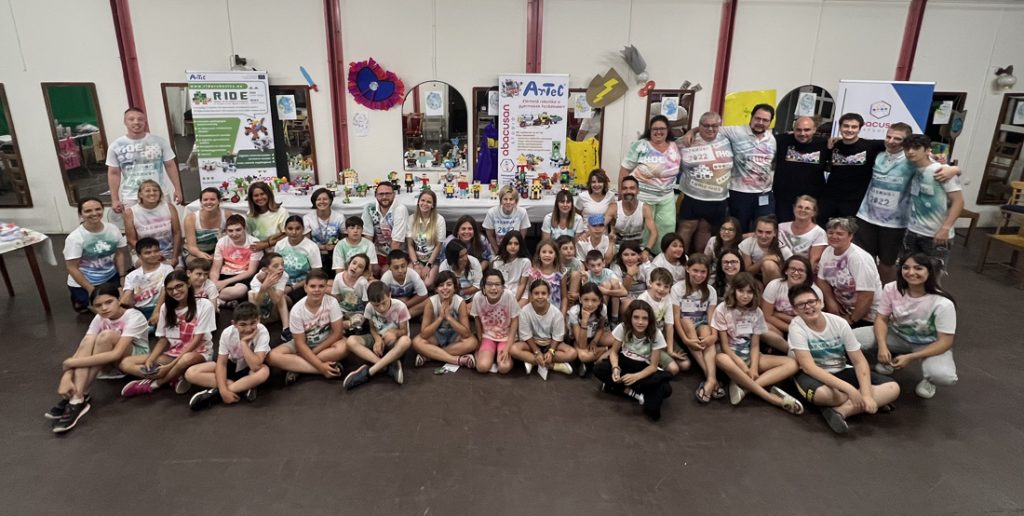

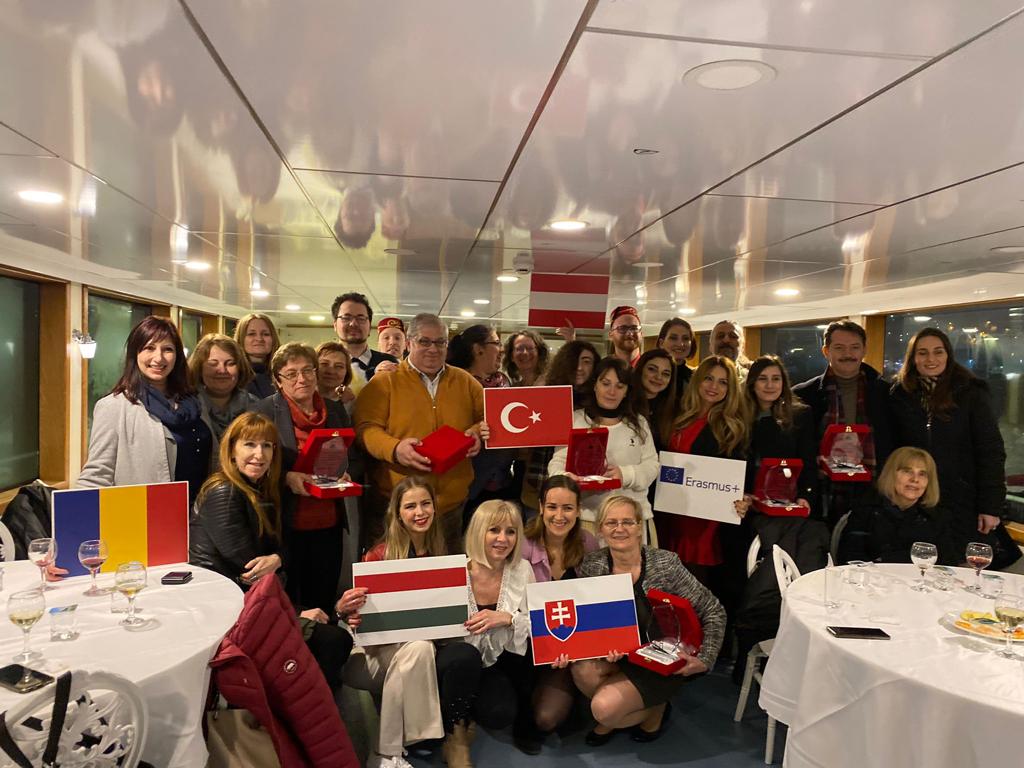
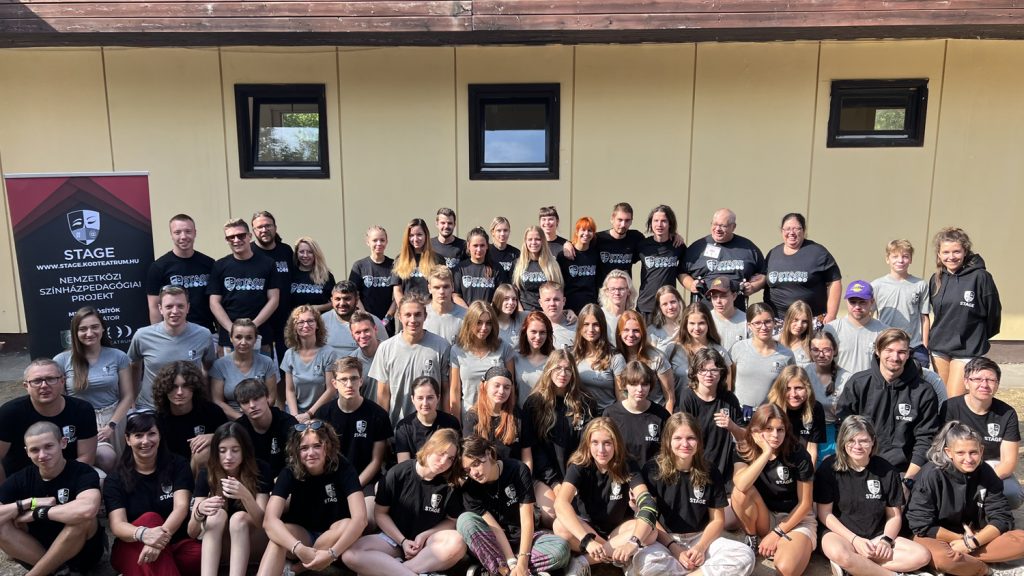
STAGE

„All the world’s a stage …- but what kind of World?”
(2020-1-HU01-KA227-YOU-094091)
In 22 months, four organisations from three nations, with the help of drama teachers and many young people, with their countless ideas, boundless optimism, openness and willingness to cooperate, and with the support of the Erasmus+ programme, have developed a new methodology.
The project have been coordinated by Giving Hungary Foundation with the participation of Abacusan Studio.
In the framework of the project:
- Interactive plays and performances reflecting on the impact of the COVID-19 pandemic on young people
- Youth mentors involved in the multiplication
- Methodological guidelines for drama teachers and youth workers



